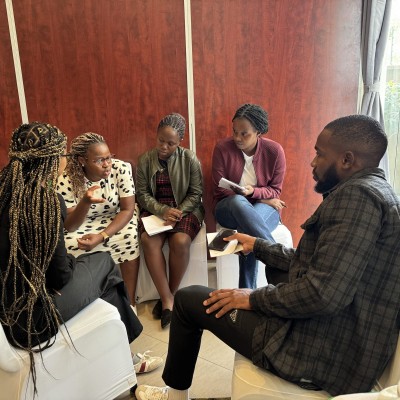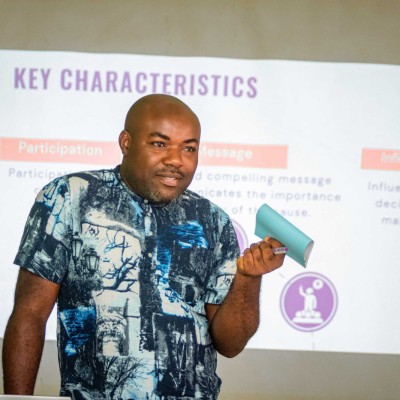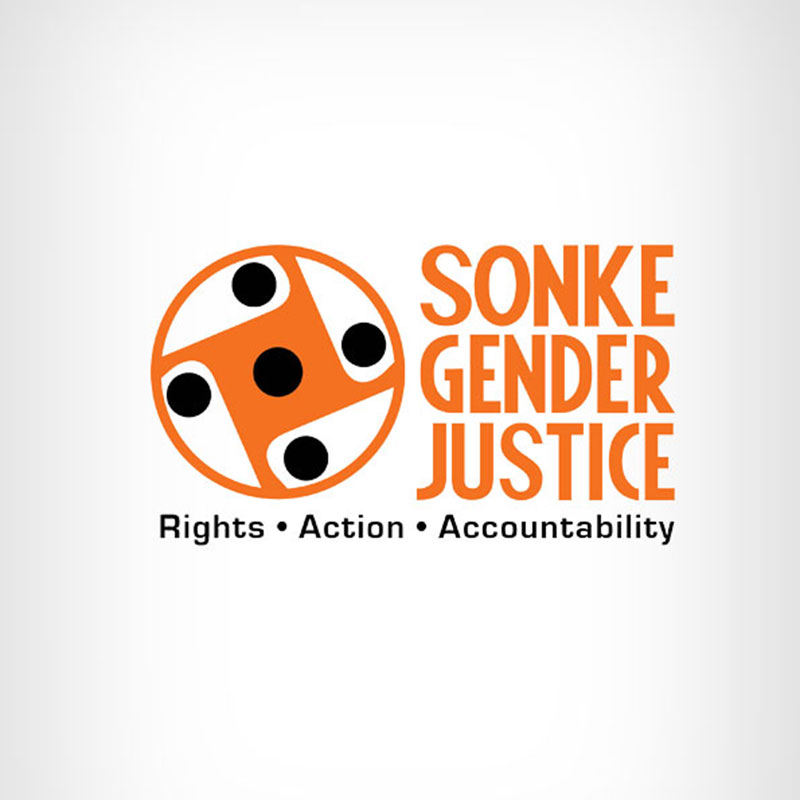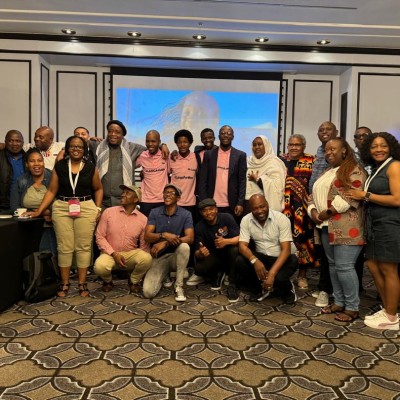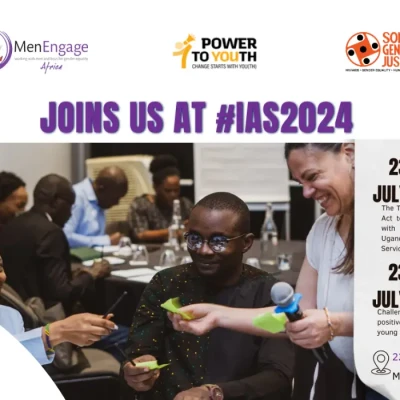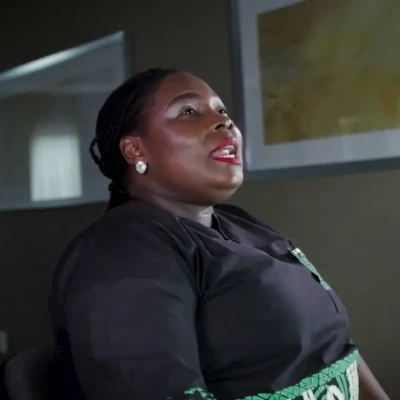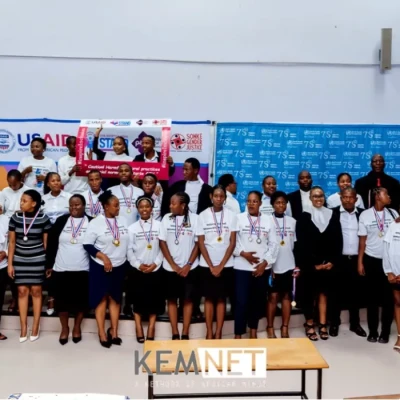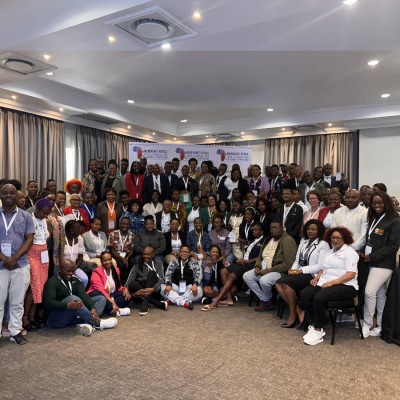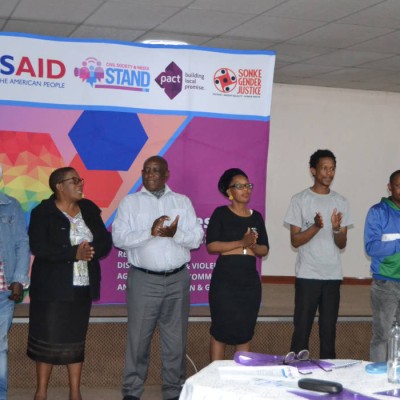Key highlights of our work on SRHR with religious leaders include:
The International Strategy Meeting on “Advancing Women’s Rights and Gender Justice in the Face of Religious Fundamentalisms” in Istanbul, Turkey: Bafana Khumalo attended the above-mentioned meeting organised by the Association of Women’s Rights in Development (AWID), in Istanbul in December 2013. The aim of the conference was to share experiences on the role of faith-based organizations (FBO’s) in an attempt to roll back gains made in gender transformation, especially in relation to SRHR and services.
The UNFPA consultation in Turkey, in June 2015, on religion and the post-2015 process: Attended by Sonke co-founder and ordained Lutheran Minister, Bafana Khumalo, the consultation was meant to share perspectives on broader perspectives that impact on SRHR processes, in particular. Fifty participants from Europe, the Caribbean, South East Asia, Latin America, Africa, North America and the Middle East, representing Muslim, Christian and Jewish communities attended. The meeting adopted the following priorities for this work:
- Gender Based Violence.
- Comprehensive Sexuality Education.
- Quality Health Service (Maternal, HIV and AIDS).
- Peace and Religious tolerance (including LGBTI issues).
The Johannesburg SRHR consultation with religious leaders: On 7 February 2014, Sonke convened a meeting with religious leaders on SRHR in Johannesburg to explore the links between the faith-based sector and SRHR, and to begin to engage faith leaders in the global MenEngage SRHR campaign that Sonke co-coordinates with Promundo and the MenEngage Secretariat. The meeting gave an overview of Human Rights, SRHR and introduced the proposed concept of the global campaign on engaging men in SRHR. The meeting also sought to identify representatives of the faith-based sector to attend a regional consultation in Cape Town on 27 February 2014.
Some notable statements from the meeting included:
“If we don’t break the silence on issues of SRHR, gay rights and sex in general our biggest campaigning tool will remain that of burying our congregations” and “I want to understand where I, as a church leader, begin and end as a sexual being”. One minister challenged the religious justifications for discrimination against LGBTI communities by saying: “Where were our voices as church leaders when LGBTI people where being killed? People are people”.

